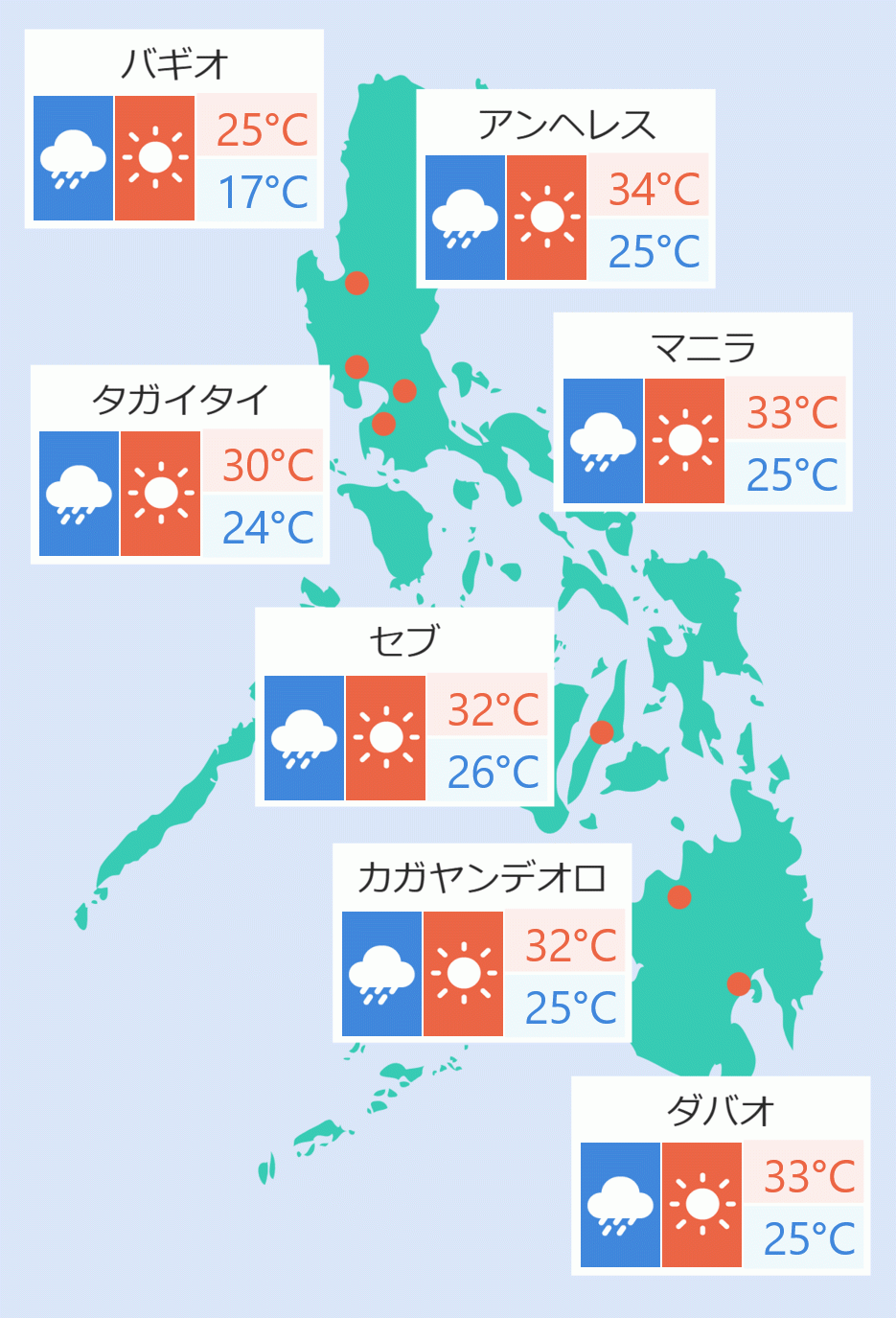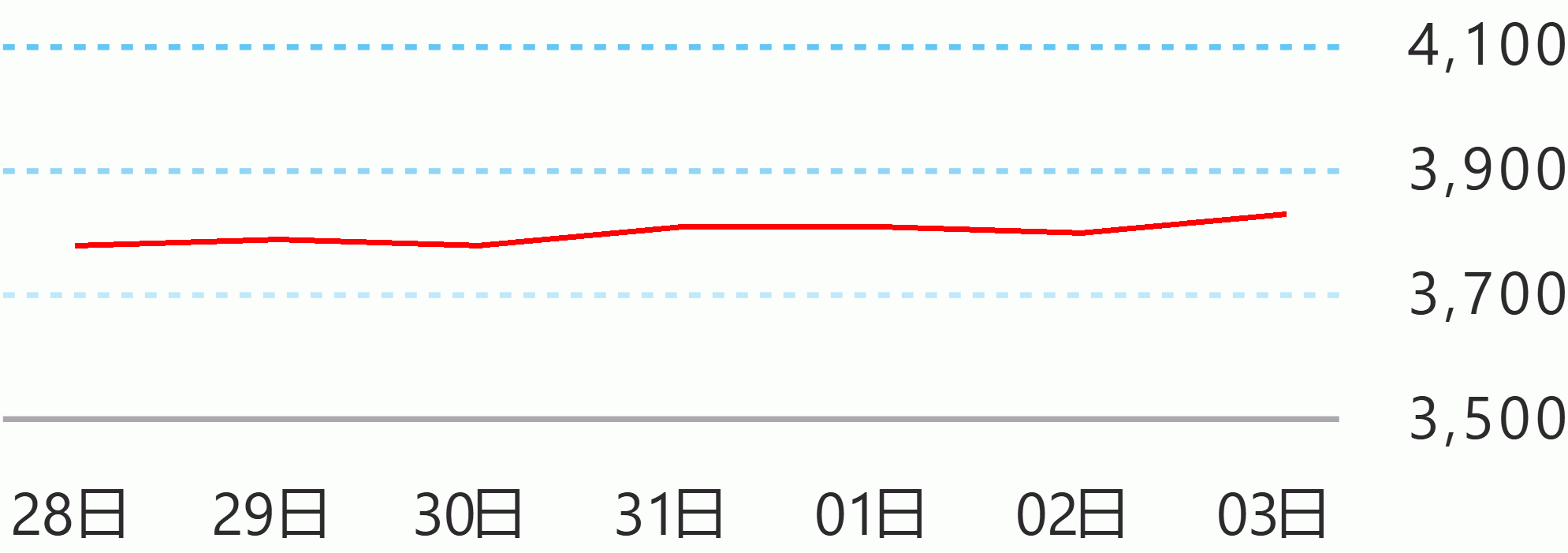The Philippine government is committed to ensuring sufficient food supply and sustained subsidies to aid Filipinos in accessing affordable goods and services as inflation persists due to domestic and global pressures, according to the National Economic and Development Authority (NEDA).
The Philippine Statistics Authority (PSA) reported Wednesday that the country’s headline inflation rate rose to 6.9 percent in September, significantly higher than the 6.3 percent in August this year and the 4.2 percent in the same month last year.
This trend is observed in other countries as well, given the same experience of subdued demand or a low base the past year, because of COVID, and the external pressures this year from commodity prices, logistics bottlenecks, weather shocks, and wide swings in the exchange rate against the US dollar.
“The government’s priority is to make sure that there is sufficient and affordable food supply for every Filipino family,” NEDA Secretary Arsenio Balisacan said.
The top five contributors to the September inflation are electricity, gas and other fuels, operation of personal transport, meat, fish, and housing rentals. It is noted, however, that inflation of meat has slowed from 12.8 percent in September 2021 to 9.0 percent in September 2022.
Although fuel prices have been declining recently, these have remained elevated resulting in high input costs, especially for farmers and fisherfolk.
Thus, one of the strategies of government is to provide fuel discounts worth P3,000 to each eligible farmer to alleviate the effects of high fuel prices.
As of September 26, 2022, a total of 148,183 accounts for targeted beneficiaries nationwide were created. Of these, 136,988 have been loaded with fuel discounts and 101,743 cards have been issued to corn farmers and fisherfolk.
In addition, more than 1.5 million eligible rice farmers are entitled to receive P5,000 cash aid to boost their productivity and help cope with the surging prices of fuel and agricultural inputs.
“Malaki ang papel ng sektor ng agrikultura upang mapanatiling may sapat na pagkain ang bawat pamilyang Pilipino at abot-kaya ang mga pangunahing bilihin. Kaya’t tinitiyak nating may suportang nakalaan para sa ating mga magsasaka at mangingisda upang mapalawak ang supply ng bigas, mais, karne, at isda,” Balisacan added.
To ease effects brought about by the recent Typhoon Karding, the Department of Agriculture (DA) is allotting over P709 million worth of assistance and interventions which include immediate repair of damaged production facilities and seed distribution.
Despite the damage brought by weather disturbances, the government expects sufficient supply of rice, chicken, highland vegetables, yellow corn, and white corn throughout the year.
Aside from agriculture support, NEDA also emphasized the need to fast-track the distribution of targeted subsidies for low-income households and public utility drivers.
“Today’s inflation is far more complex than what we have seen in recent decades. The government and its stakeholders need to collaborate for shared solutions. In the near-term, ensuring sufficient food supply, while assisting the most vulnerable sectors will help us hurdle the current challenges,” Balisacan said. NEDA Public Affairs





 English
English










